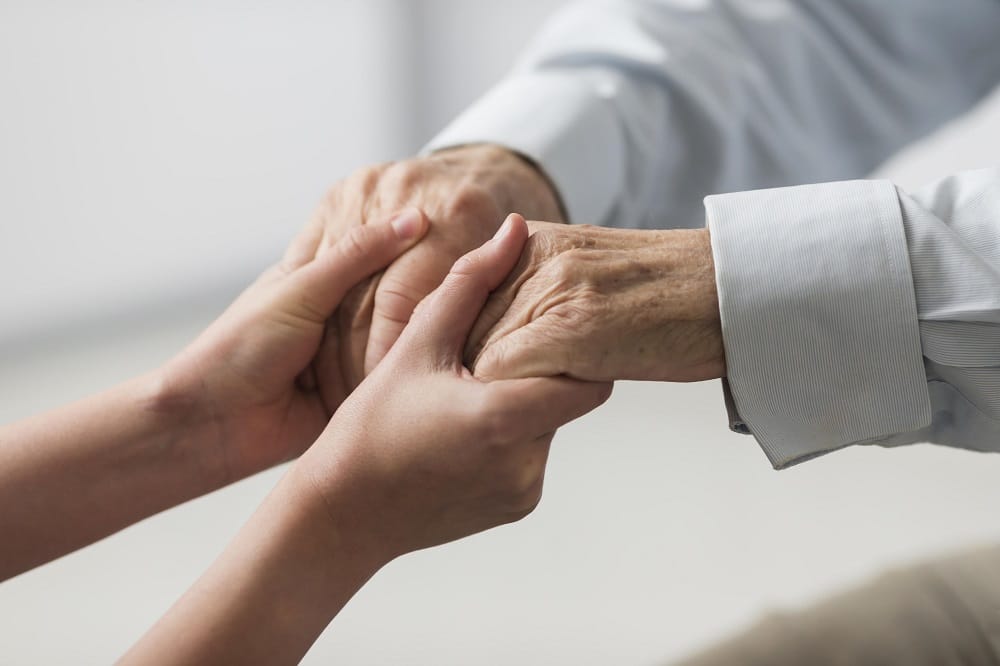Occupational therapy plays a key role in post-stroke rehabilitation, as it focuses on helping people regain and improve their functional skills and independence in activities of daily living. After a stroke, many people may experience physical, cognitive and emotional limitations that affect their ability to perform everyday tasks.
Occupational therapy focuses on addressing these difficulties through specific interventions. Some important aspects of occupational therapy in post-stroke rehabilitation include:
Restoration of motor skills
After a stroke, it is common for people to experience weakness, lack of coordination and mobility problems. Occupational therapists work to improve strength, coordination and motor control through specific exercises and activities that are tailored to individual needs. This may include range-of-motion exercises, mirror therapy, balance and coordination training, and activities to improve hand and finger dexterity.
Cognitive rehabilitation
Stroke can also have a significant impact on cognitive skills, such as memory, attention, reasoning and problem solving. Occupational therapy uses techniques and strategies to improve these cognitive skills, such as memory exercises, attention training, task organisation and planning, and activities that promote critical thinking and problem solving.
Adaptation and compensation
In cases where lost skills cannot be fully regained, occupational therapists focus on helping people adapt and compensate for their limitations. This may involve teaching new ways of performing tasks, the use of technical aids and environmental adaptations to facilitate independence in daily activities.
Emotional management and psychosocial support
The emotional impact of a stroke can be significant, both for the affected person and their family members. Occupational therapists provide emotional support and help people develop strategies to manage stress, anxiety and depression. They also work on social reintegration and participation in meaningful activities, promoting quality of life and emotional well-being.
In summary, occupational therapy plays an essential role in post-stroke rehabilitation by addressing the physical, cognitive and emotional limitations that may arise.
Working in collaboration with other healthcare professionals, occupational therapists help individuals maximise their recovery potential and reintegrate into meaningful roles and activities of daily living.
Leave us your data to start your treatment







